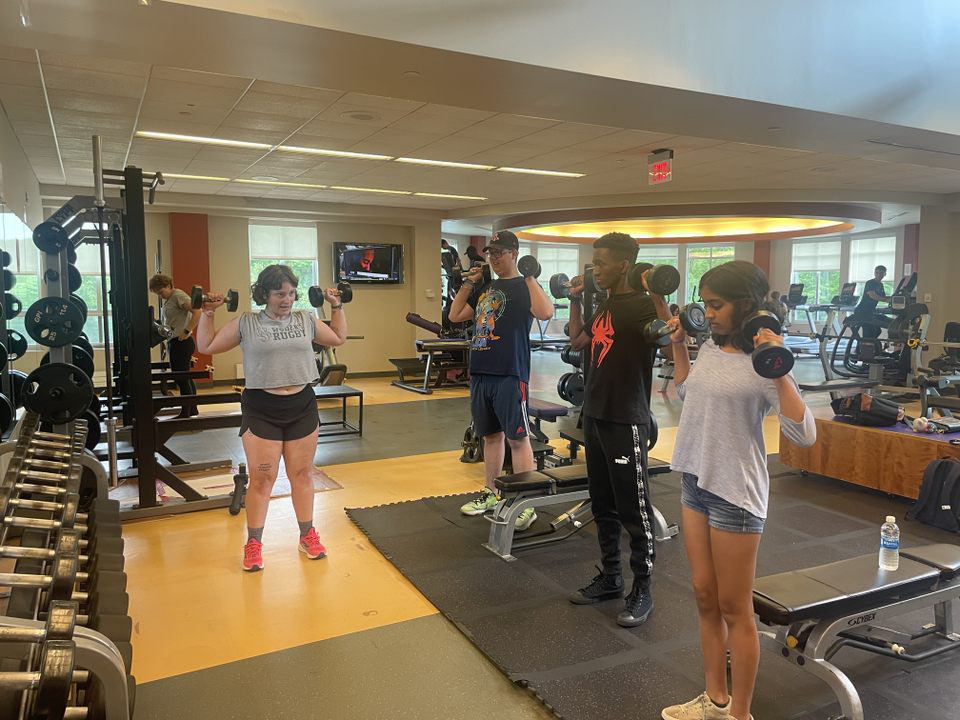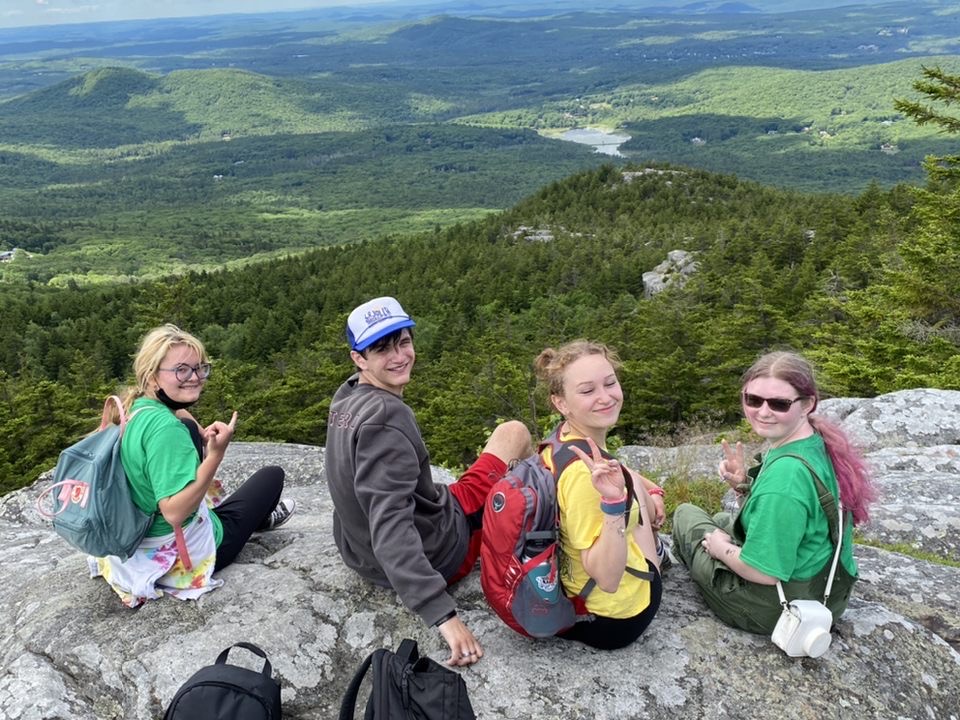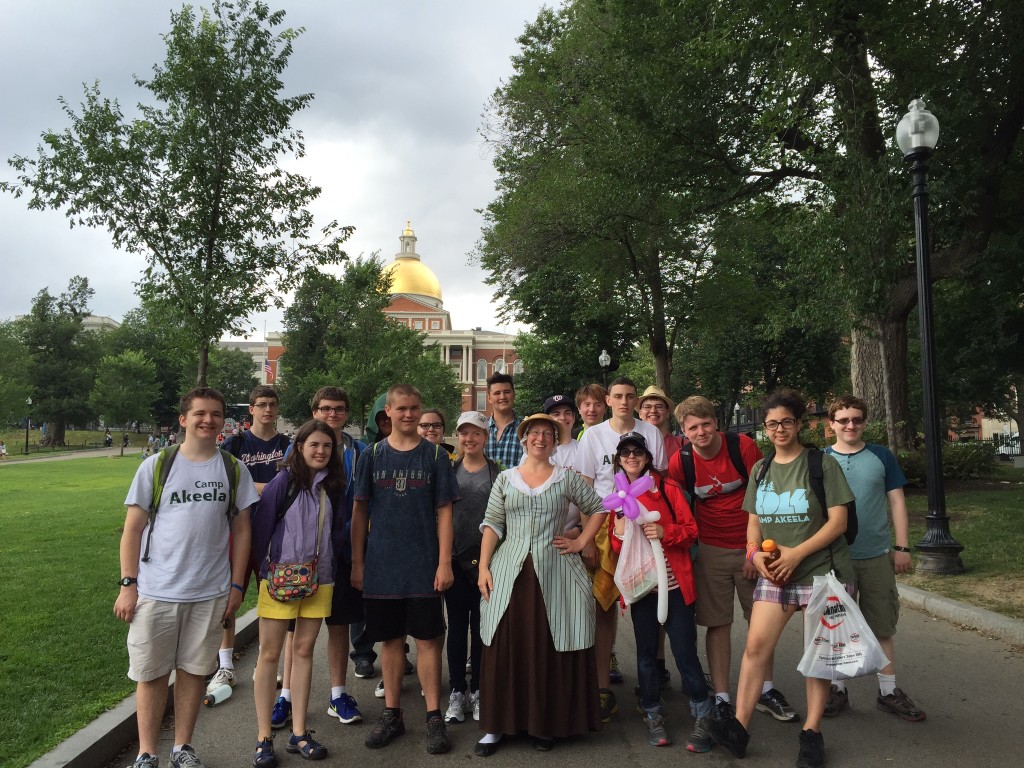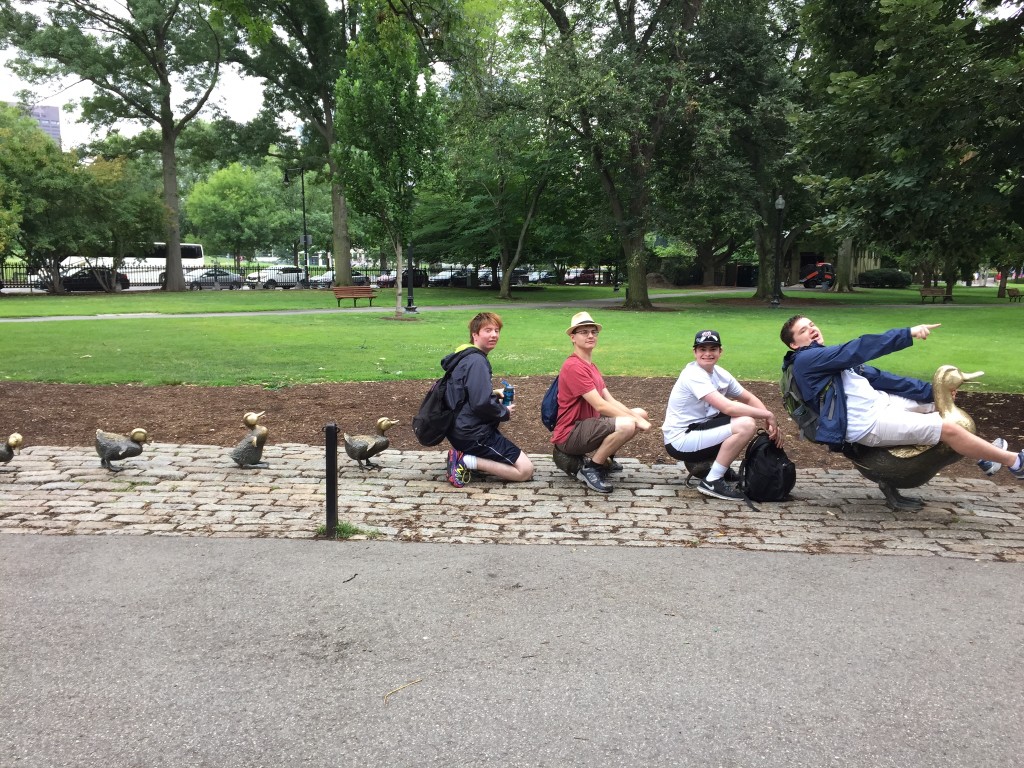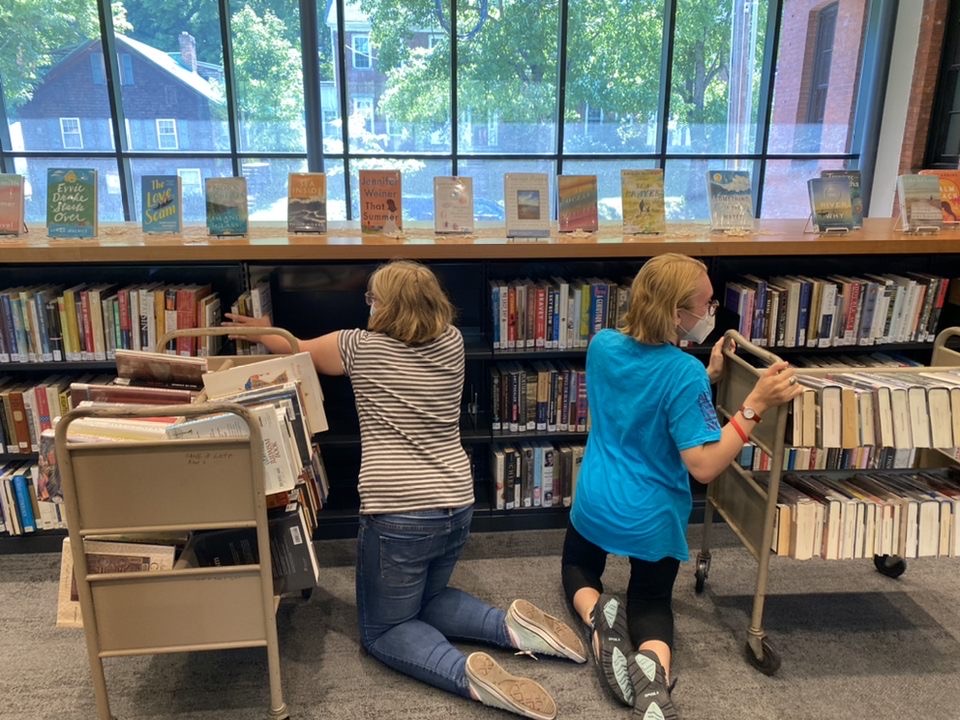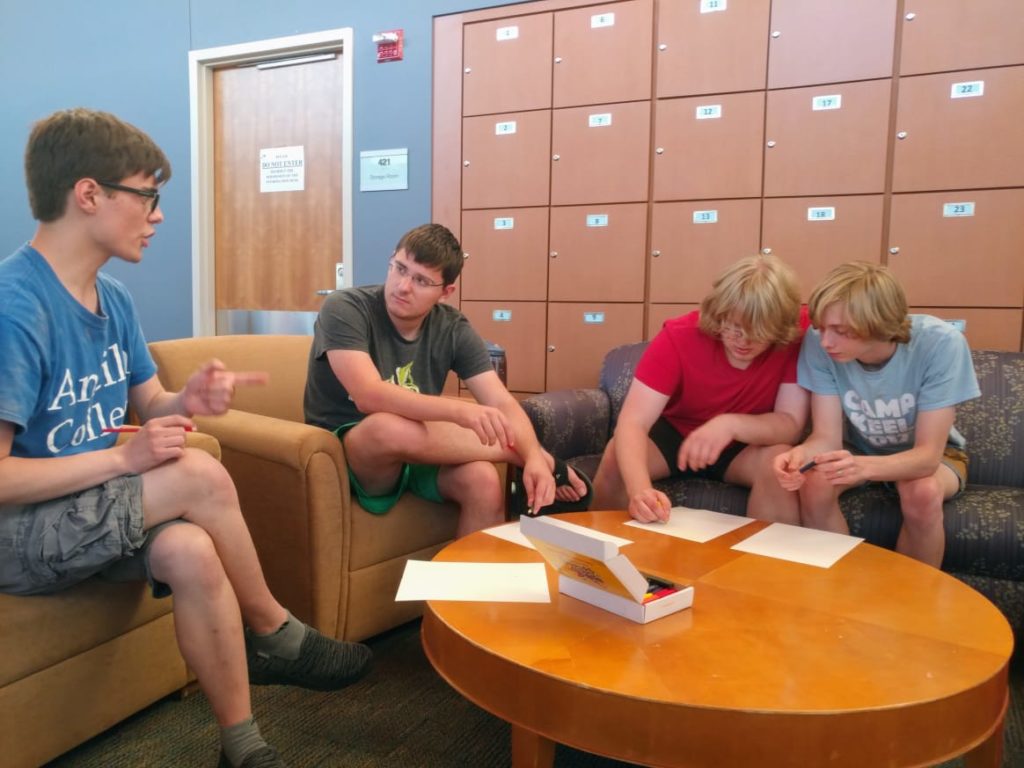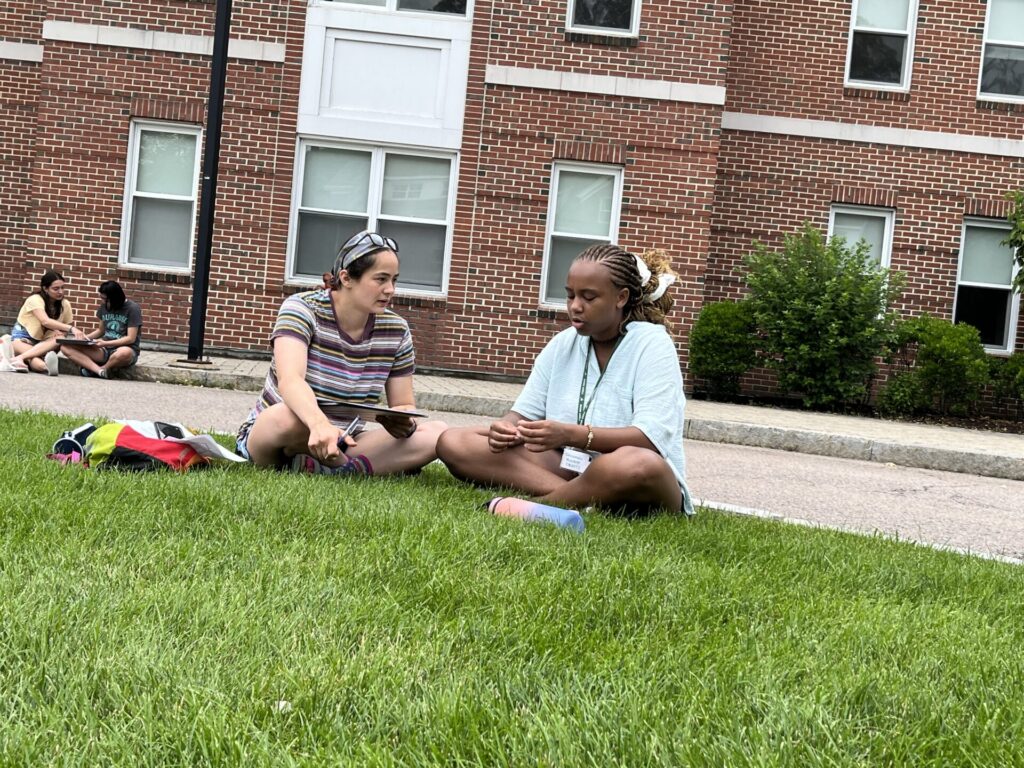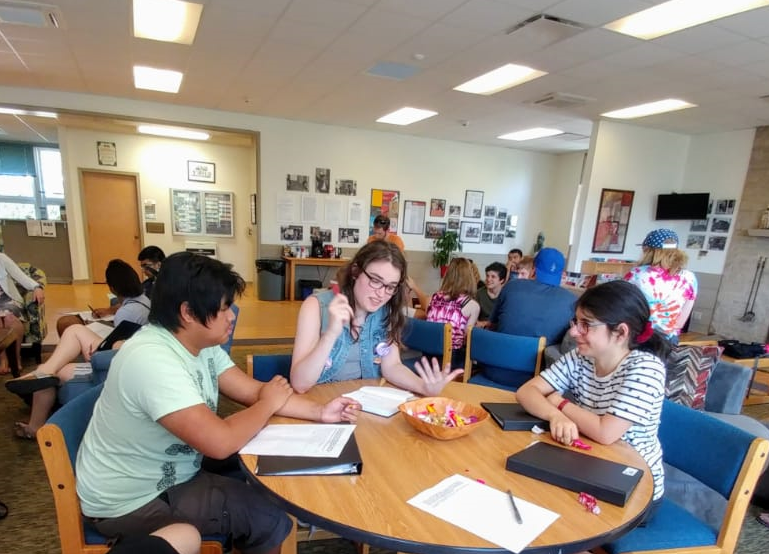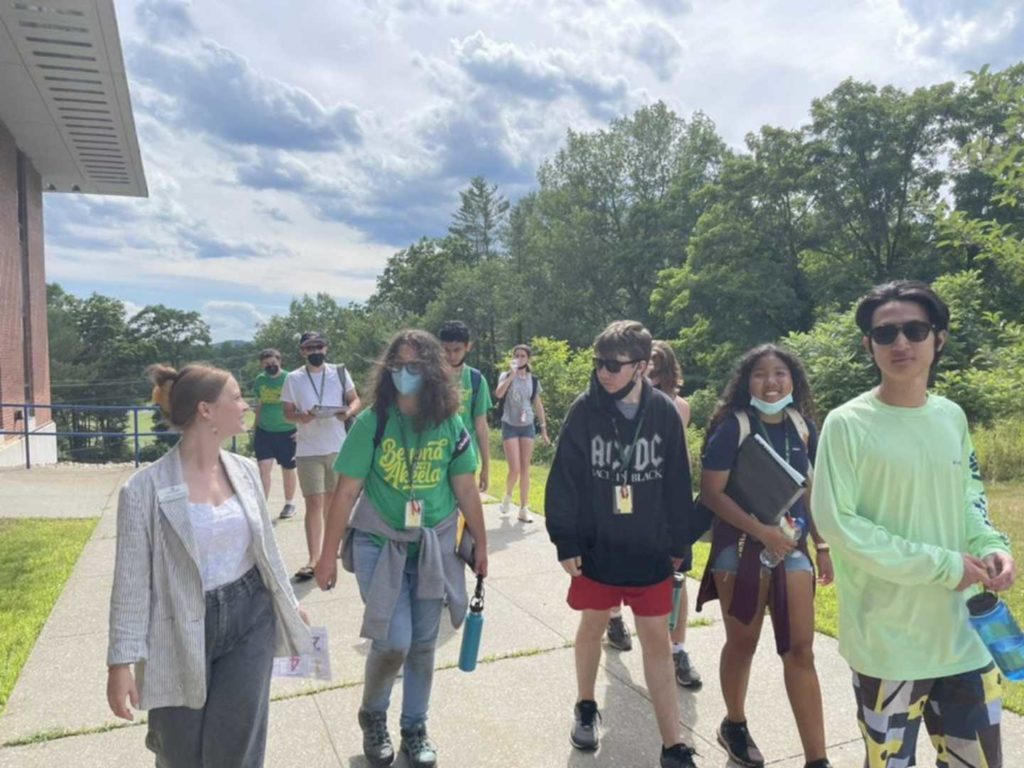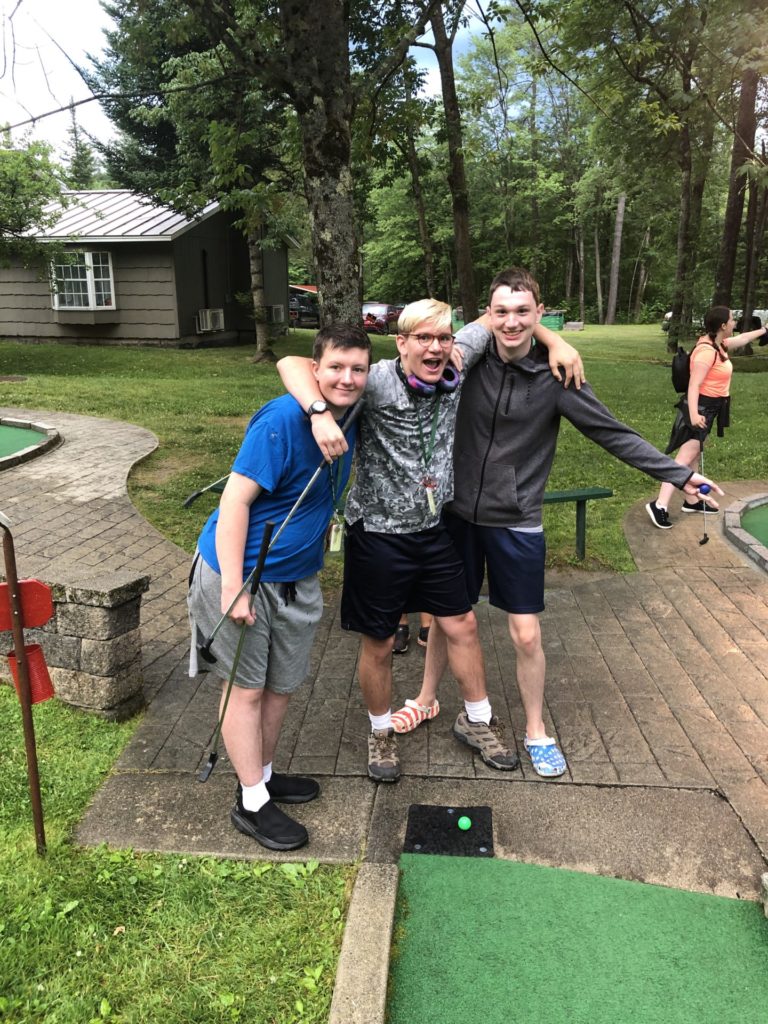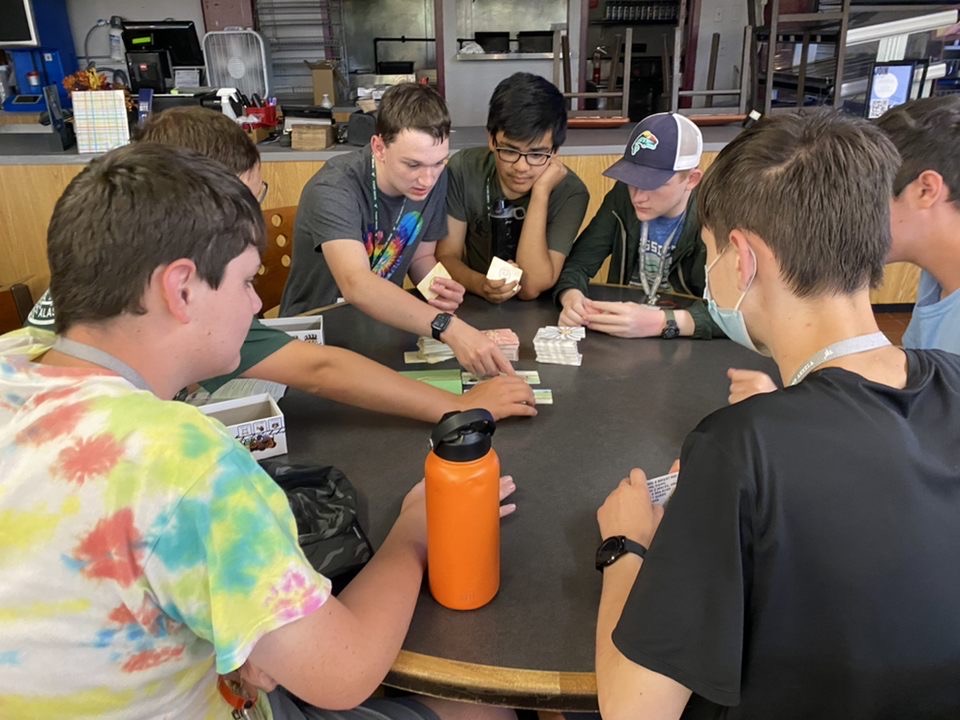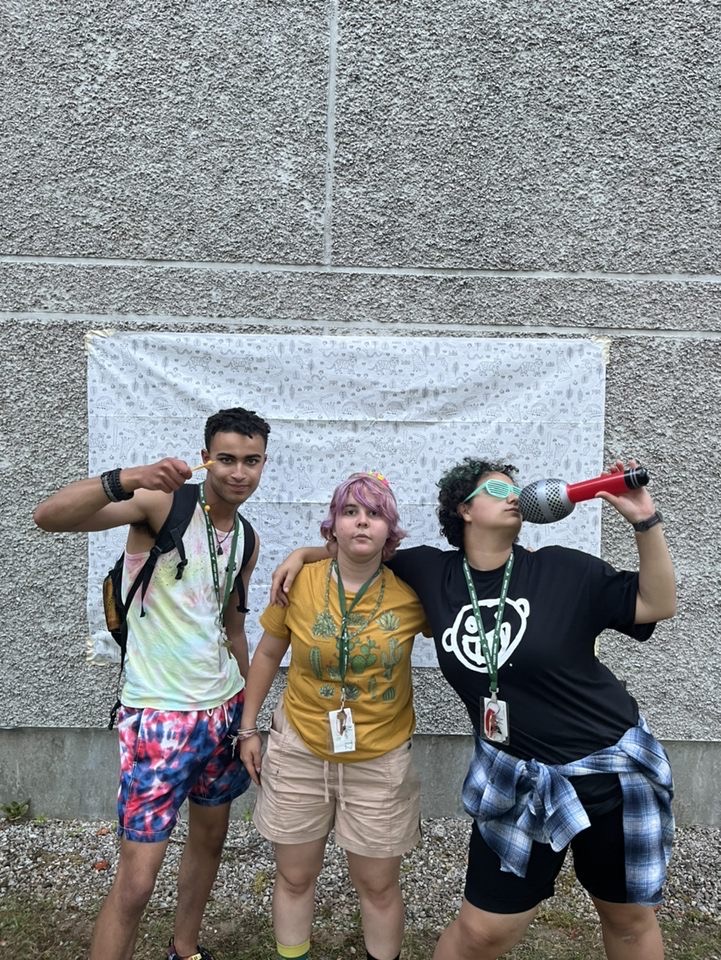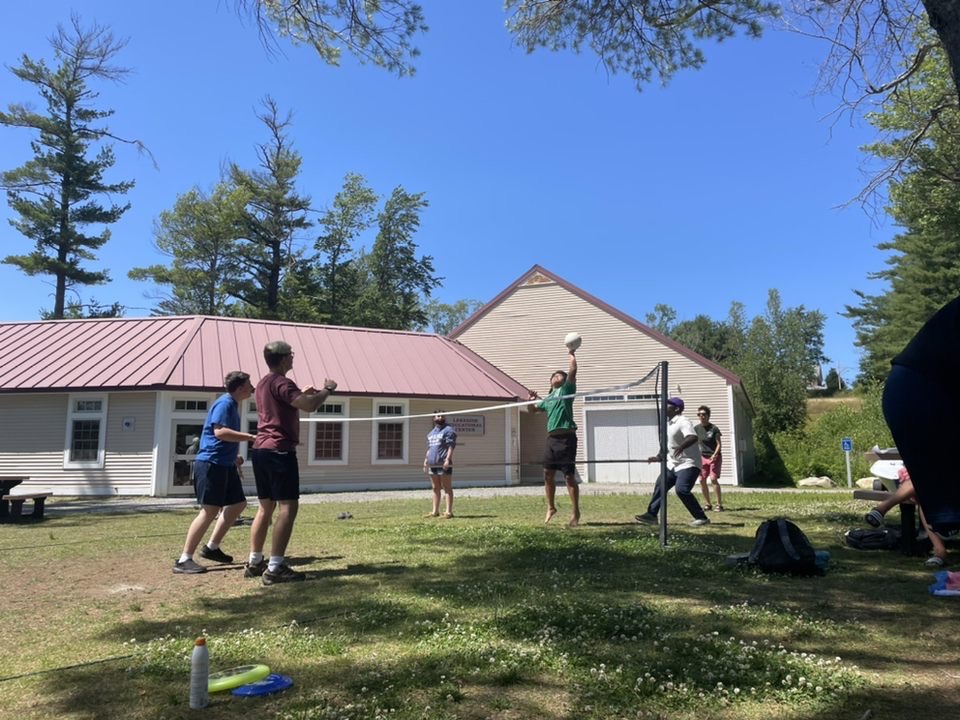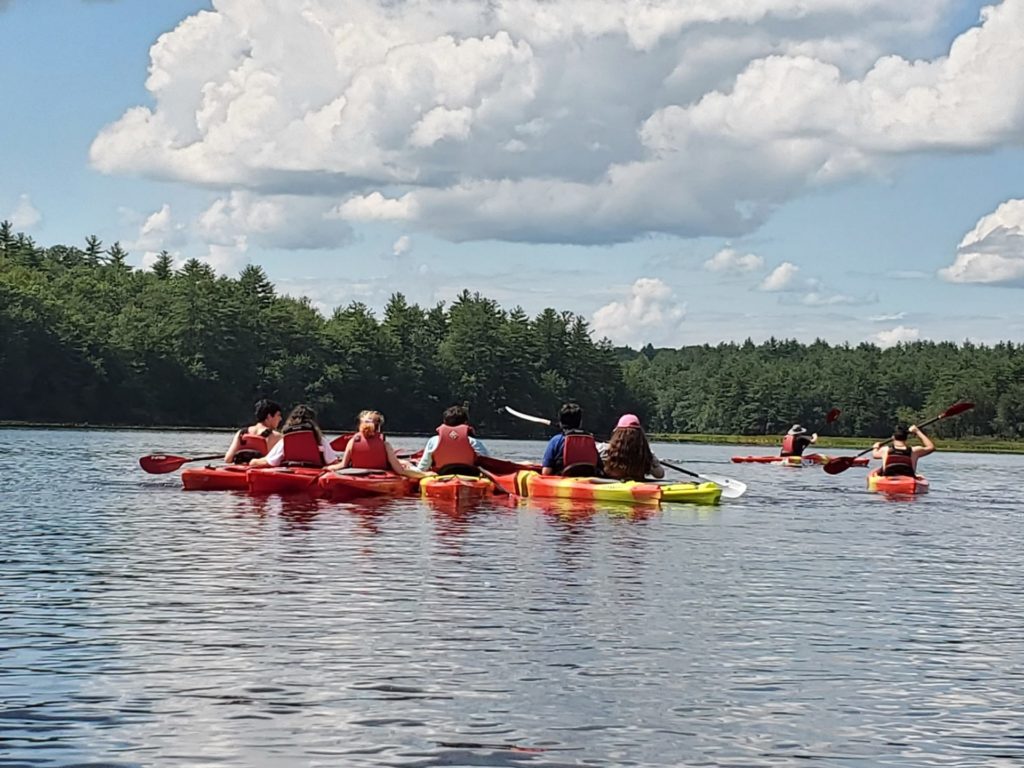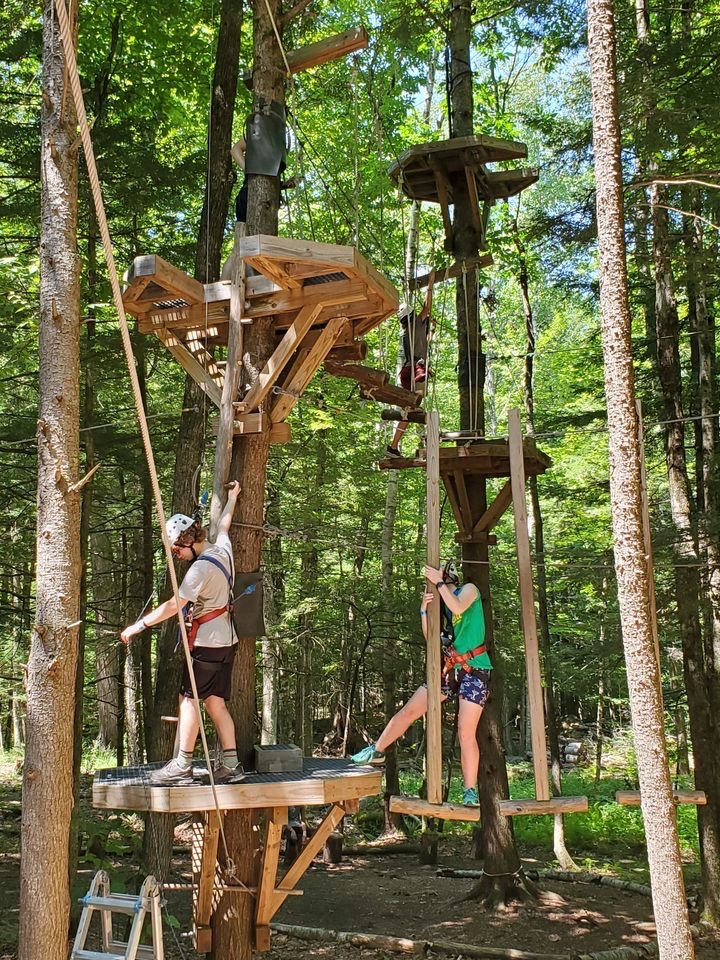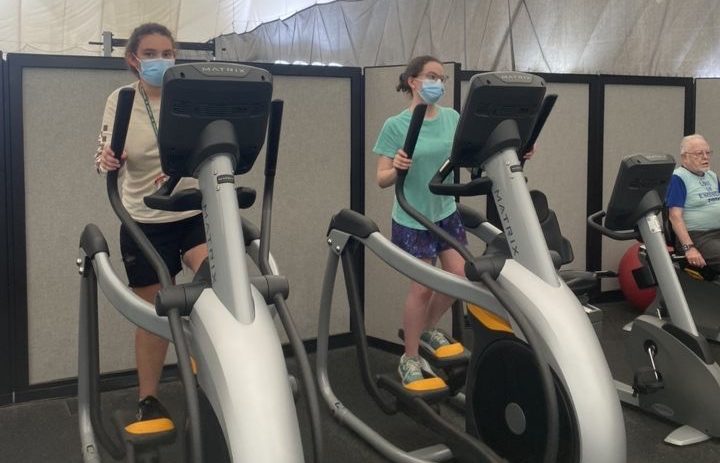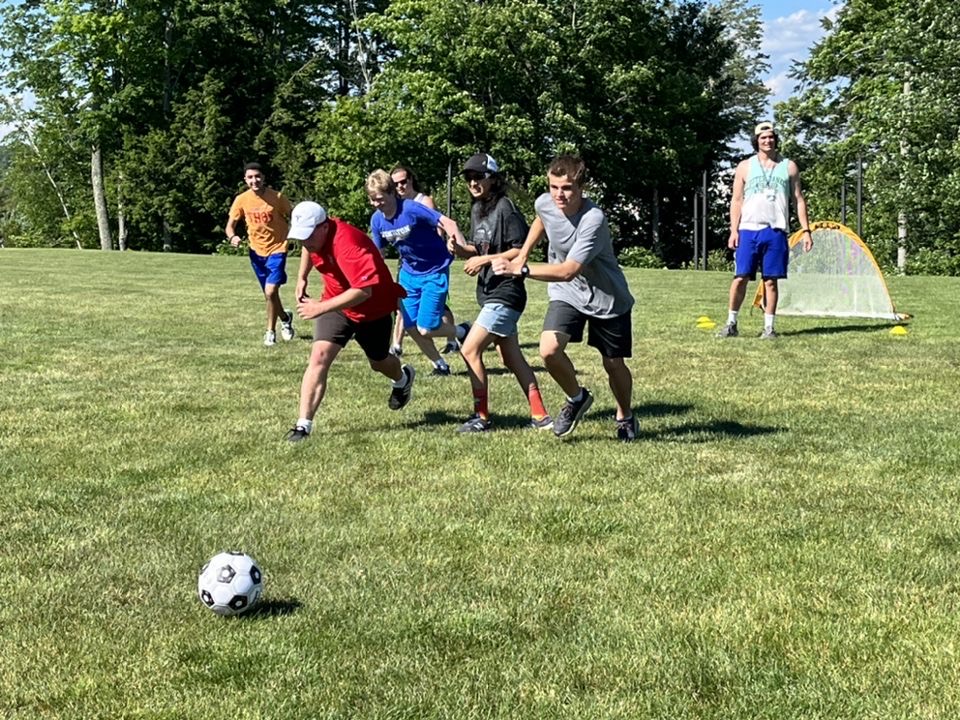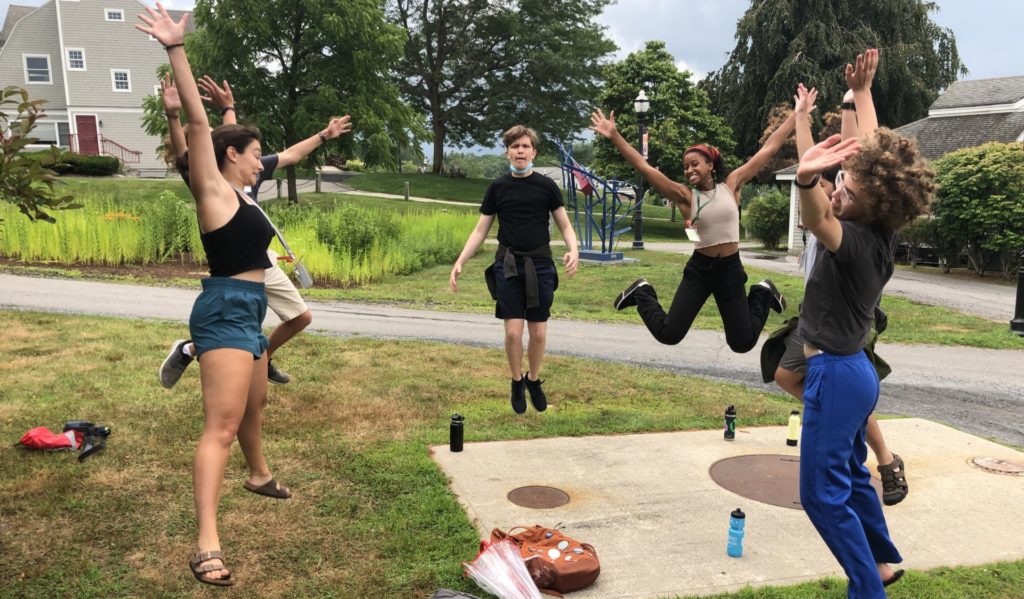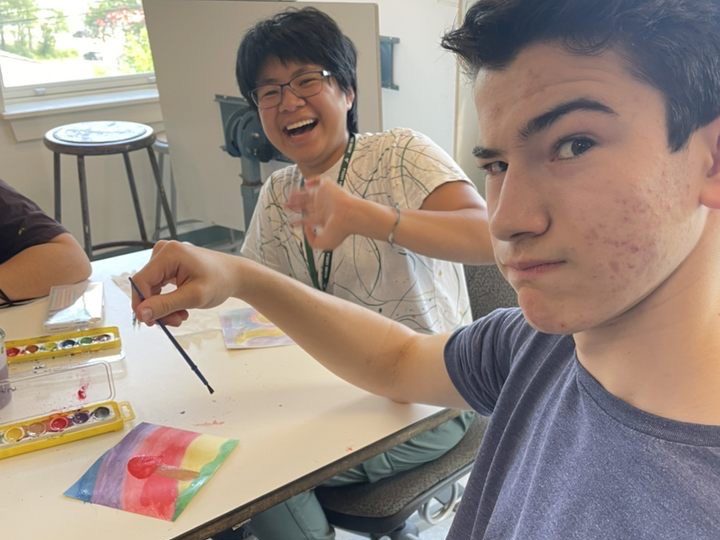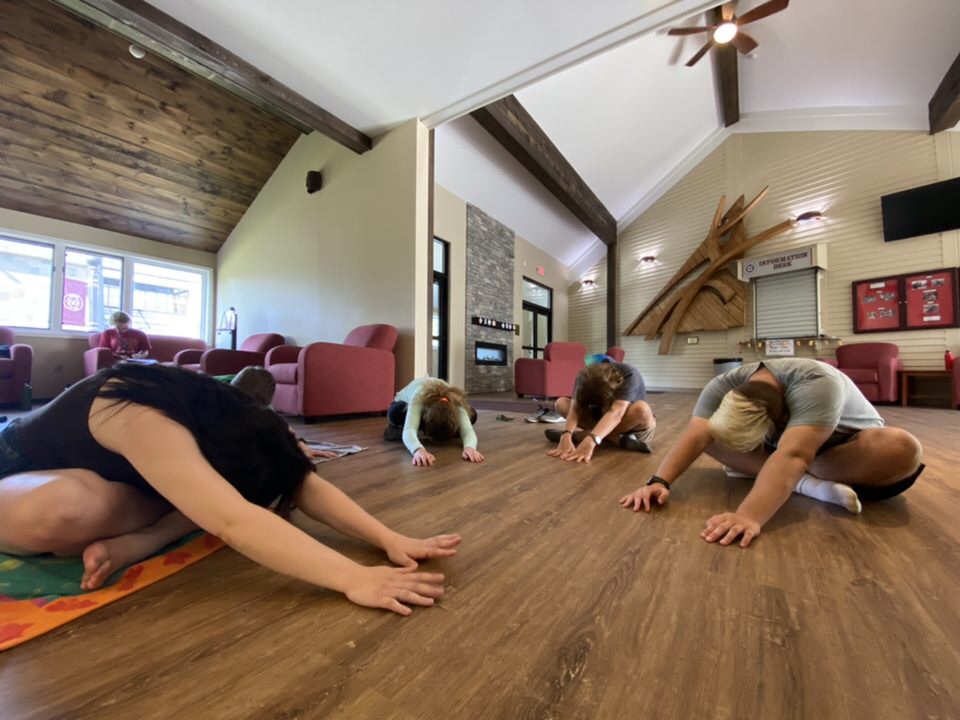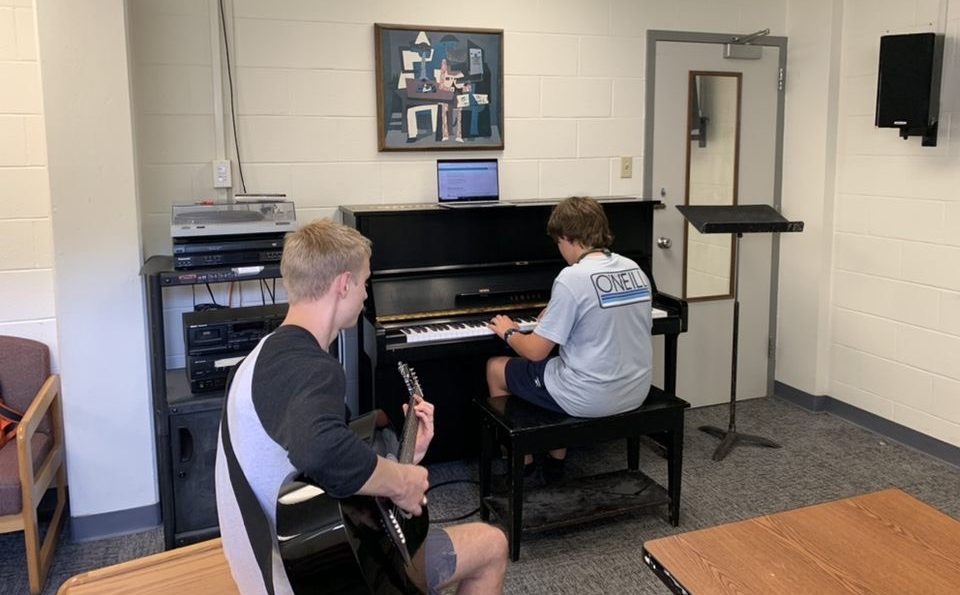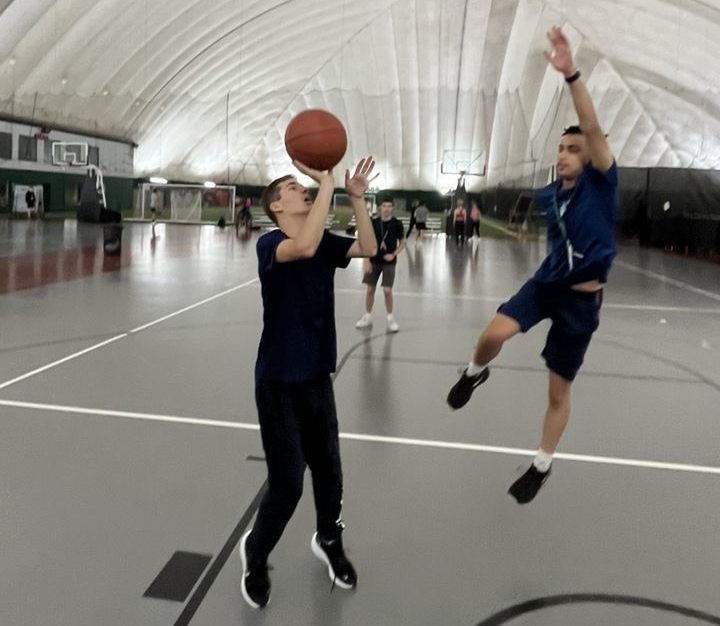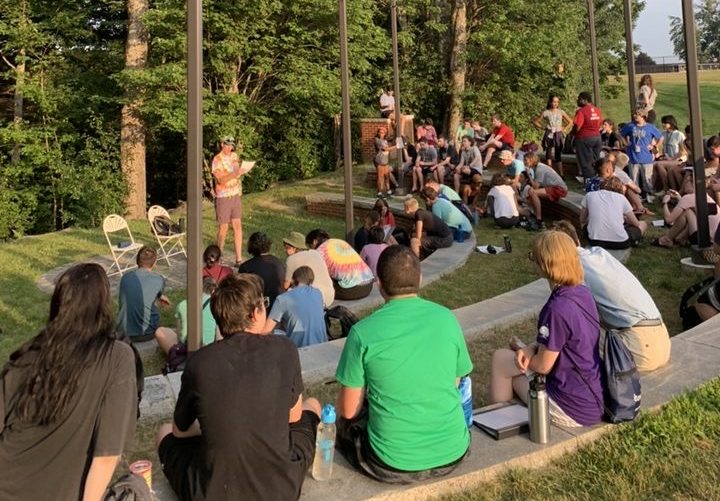Navigating adolescence can be a challenging journey for any teenager. For many teenage girls with autism (ASD), the path may be particularly intricate. In this blog we explore the unique challenges faced by teenage girls with ASD. Further, we shed light on the importance of finding suitable summer programs tailored to support their social development.
Late ASD Diagnosis in Teenage Girls
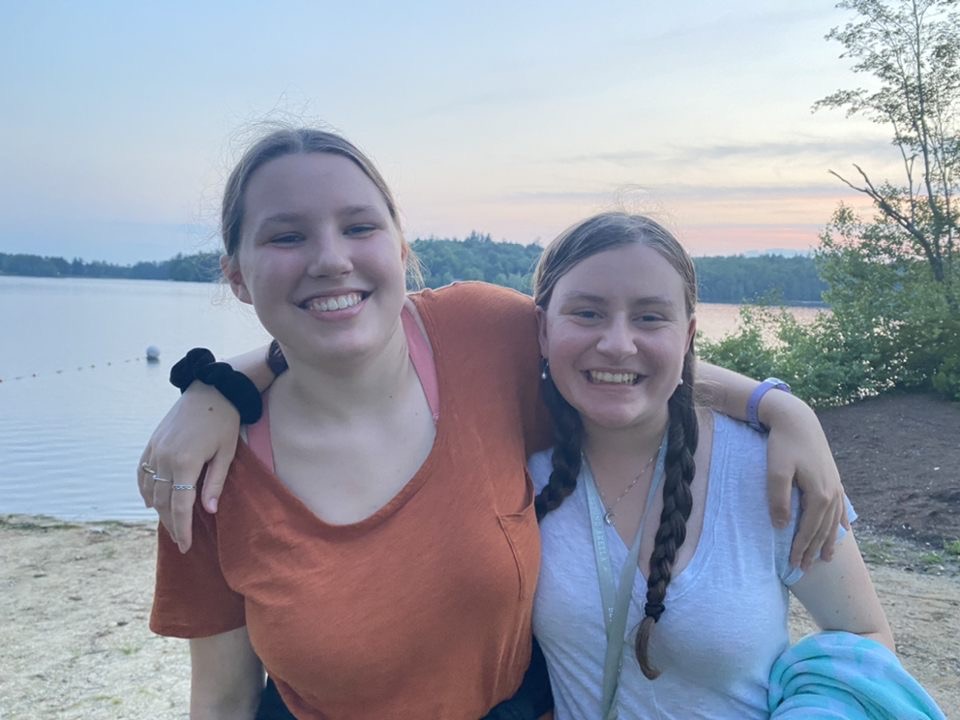 Traditionally, autism has been associated with boys, leading to girls frequently being overlooked or misdiagnosed. One of the striking aspects of autism is the often delayed diagnosis in teenage girls. The reasons behind this phenomenon are multifaceted. They contribute to a lack of understanding of the differences between how autism typically affects males and females.
Traditionally, autism has been associated with boys, leading to girls frequently being overlooked or misdiagnosed. One of the striking aspects of autism is the often delayed diagnosis in teenage girls. The reasons behind this phenomenon are multifaceted. They contribute to a lack of understanding of the differences between how autism typically affects males and females.
Autism Diagnosis Criteria
The standard criteria for autism was initially established in a way that matches how boys with autism more commonly present. At a younger age, this includes repetitive and restricted behaviors, in addition to social communication challenges. Studies have shown that girls with autism are less likely to present with noticeable repetitive and restricted behaviors, however this is not accounted for in the diagnosis criteria.
Social Norms and Masking
Social expectations also play a role, as societal norms often impose a set of predefined behaviors and characteristics for girls. Consequently, girls with autism may conform to these expectations. They are often more adept at masking their difficulties in social interactions and communication. The ability to not show their challenges, however, doesn’t diminish how autism affects their social well-being. In fact, this can lead to mental health challenges for girls, such as anxiety, depression, or low self-esteem. These mental health disorders may be misdiagnosed in girls, while an ASD diagnosis is missed.
A missed ASD diagnosis can result in fewer opportunities for services that would support social development in teenage girls. Summer camp programs are an effective way to boost the social confidence and self-esteem of teenage girls with autism.
How Summer Programs Support Teenage Girls with Autism
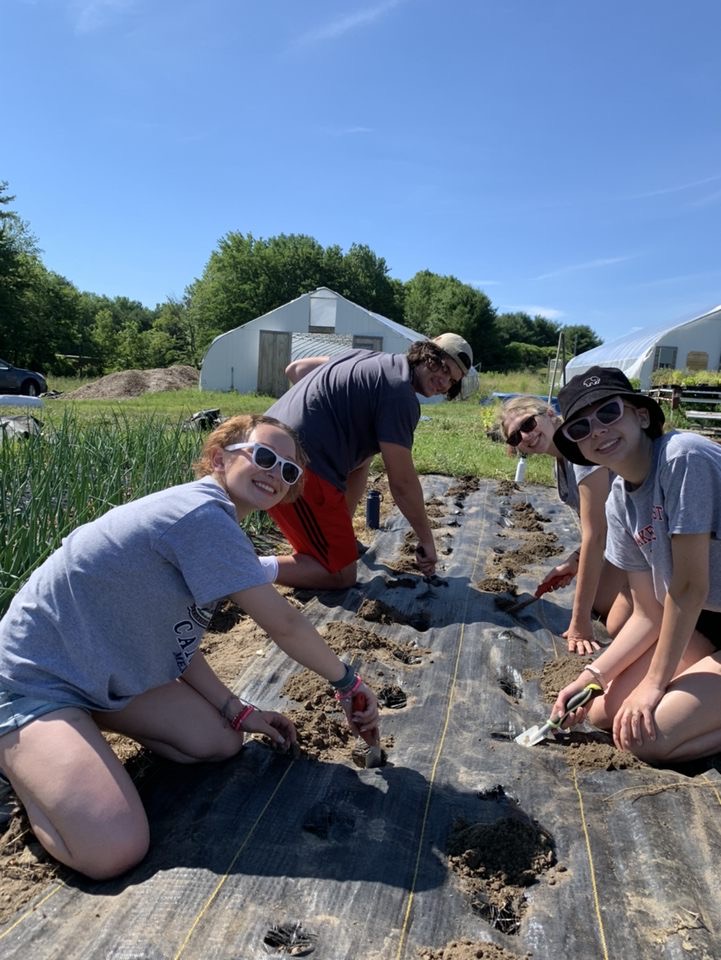 Recognizing the unique needs of teenage girls with autism is the first step towards providing them with the support and opportunities they deserve. Summer programs tailored to the specific challenges faced by girls on the spectrum can be instrumental in fostering their growth and development.
Recognizing the unique needs of teenage girls with autism is the first step towards providing them with the support and opportunities they deserve. Summer programs tailored to the specific challenges faced by girls on the spectrum can be instrumental in fostering their growth and development.
Community Support
Everyone benefits from a sense of belonging and community. For teenage girls with autism this is even more important. They often mask to fit in with peers at school but have not had a “true” community of similarly neurodivergent peers to build meaningful connections with. Finding a true peer community for the first time can be life-changing for teenagers and summer programs present an opportunity to find that without the need to mask. Summer programs create an environment where participants can connect with others who share similar experiences, providing a valuable support network that extends beyond the program itself.
Social Skill Development
Specialized summer camps like Beyond Akeela provide structured and scaffolded programs to develop social skills, providing a supportive environment where participants can practice communication, collaboration, and relationship-building. Having true peers to practice these skills with is critical to their social development.
Building Confidence and Self-Esteem
Adolescence can be a tumultuous time for anyone, and girls with autism may face additional challenges related to self-esteem and confidence. Summer programs that intentionally empower participants and create successful experiences foster a sense of accomplishment and reinforce positive self-perception.
At Beyond Akeela, we’re proud to have a gender-inclusive community that supports teenage boys, girls, and teens who do not identify with the traditional gender binary. Girls at Beyond Akeela form a community with peers similar to themselves, and are empowered to thrive socially without masking. Girls build essential skills and forge connections that will benefit them throughout their lives.
Want to learn more about autism in teenage girls? Here’s a great article: Why Many Autistic Girls Are Overlooked


